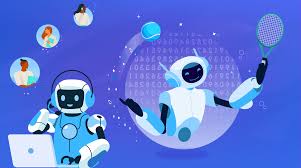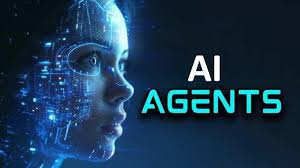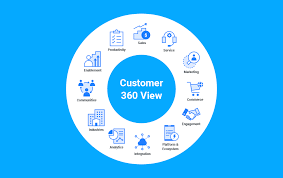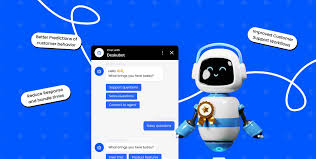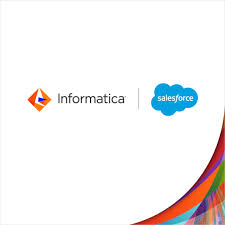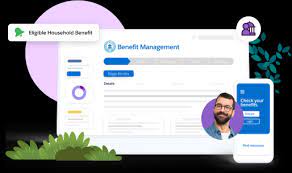Salesforce’s Enterprise General Intelligence
Salesforce is carving a distinct path in the AI landscape, diverging from the industry’s pursuit of Artificial General Intelligence (AGI). Instead, the company is tackling a pressing, practical challenge: ensuring AI is reliable for enterprise use. Salesforce’s Enterprise General Intelligence (EGI) framework prioritizes consistency, safety, and trustworthiness over speculative potential, aiming to deliver dependable AI for real-world business applications. The EGI FrameworkLarge language models (LLMs) excel at tasks like drafting emails or analyzing datasets but often exhibit “jagged intelligence”—impressive in some areas yet prone to basic errors or fabrications, known as hallucinations. These inconsistencies pose significant risks in enterprise settings, where errors can lead to compliance issues, financial losses, or eroded customer trust. Salesforce’s EGI framework addresses this by focusing on infrastructure that ensures AI reliability today, rather than chasing futuristic goals. From Inconsistency to DependabilitySalesforce likens LLMs to “an intern who writes flawless code but forgets to save the file.” To address this uneven performance, the company is enhancing its AI agents with layered reinforcement to boost consistency. Central to this effort is Agentforce, Salesforce’s agentic system, supported by the Atlas Reasoning Engine, which integrates internal and external data for more accurate reasoning and retrieval. Together, these form the core of EGI, aiming to make digital labor predictable and trustworthy. Rigorous Testing in Real-World ScenariosRather than relying solely on traditional benchmarks, Salesforce introduced CRMArena, a simulated environment that tests AI agents on practical CRM tasks like service support and analytics. Initial results show success rates below 65%, even with guided prompting, underscoring the challenges. However, this is precisely Salesforce’s point: stress-testing AI in realistic conditions exposes weaknesses before deployment, ensuring reliability in customer-facing roles. A Platform for Enterprise TrustSalesforce emphasizes that enterprises need more than powerful models—they require systems guaranteeing predictability and accountability at scale. EGI is positioned as a practical, present-focused solution, sidestepping AGI hype to deliver AI that businesses can trust today. While its long-term impact remains to be seen, Salesforce’s approach signals a pragmatic step toward reliable, enterprise-ready AI. Like Related Posts Salesforce OEM AppExchange Expanding its reach beyond CRM, Salesforce.com has launched a new service called AppExchange OEM Edition, aimed at non-CRM service providers. Read more The Salesforce Story In Marc Benioff’s own words How did salesforce.com grow from a start up in a rented apartment into the world’s Read more Salesforce Jigsaw Salesforce.com, a prominent figure in cloud computing, has finalized a deal to acquire Jigsaw, a wiki-style business contact database, for Read more Service Cloud with AI-Driven Intelligence Salesforce Enhances Service Cloud with AI-Driven Intelligence Engine Data science and analytics are rapidly becoming standard features in enterprise applications, Read more

